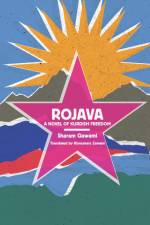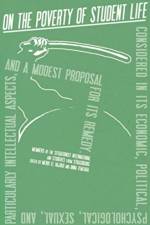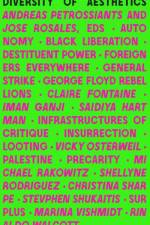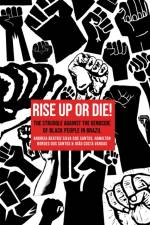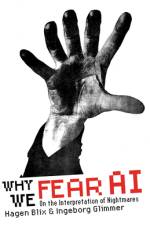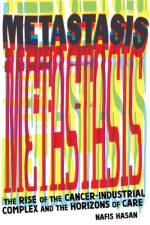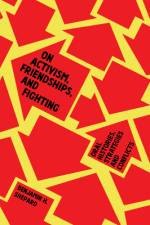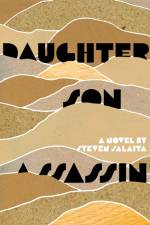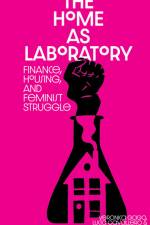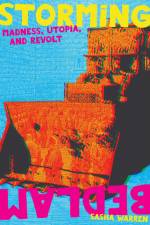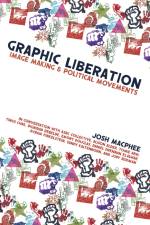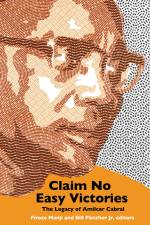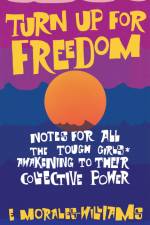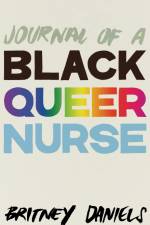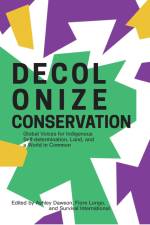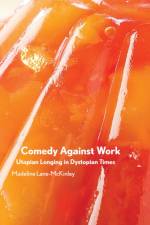av Interference Archive
311
A stunning full-color, multilingual exploration of the profound graphic and intellectual legacy of the Organization of Solidarity of the Peoples of Asia, Africa, and Latin America (OSPAAAL) for internationalism, solidarity, communication, and art among movements today.Armed by Design reflects on the intersection of graphic design and political solidarity work in revolutionary Cuba through the lens of the production of OSPAAAL, the Organization of Solidarity of the Peoples of Africa, Asia, and Latin America.OSPAAAL developed out of the 1966 Tricontinental Conference in Havana, a meeting of delegates representing national liberation movements and leftist political parties almost exclusively from the Global South. Based in Havana, OSPAAAL produced nearly five hundred posters, magazines, and books beginning in the late 1960s, with most of their work ceasing by the late 1980s. Until 2019, OSPAAAL was a political organization focused on fighting US imperialism and supporting liberation movements around the world through poster production, regularly produced publications, and a series of books featuring the writings of the intellectual leadership of these movements.Armed By Design brings together artists and thinkers from around the world whose work has been impacted by the legacy of OSPAAAL. These contributions reflect on impacts of OSPAAAL’s work on regional movements, including in the Arab world and Korea, design iconography, the evolution of tricontinentalism, our present-day.This full-color multilingual edition includes ten international contemporary political poster-makers, artists, and designers commissioned to produce OSPAAAL-inspired prints in solidarity with today’s movements: Friends of Ibn Firnas (USA), Yuko Tonohira (Japan/USA), Ganzeer (Egypt/USA), Un Mundo Feliz (Spain), Steven Rodriguez (USA), Dignidad Rebelde, Tomie Arai (USA), Sublevarte Colectivo (Mexico), Jamaa Al-Yad (Lebanon/Worldwide), and A3CB (Japan).

